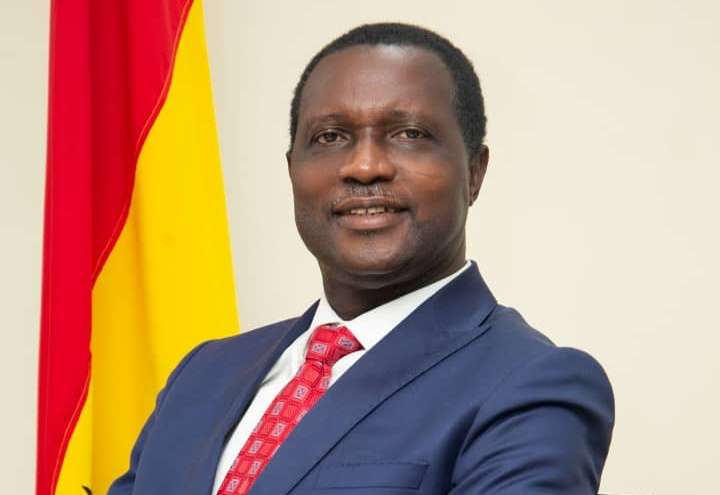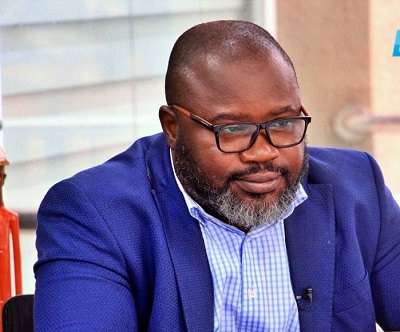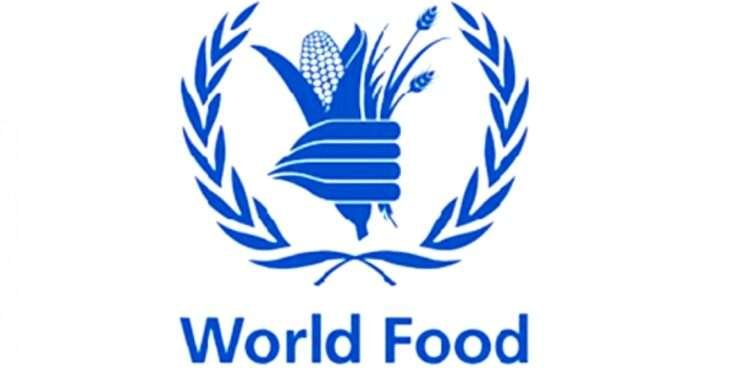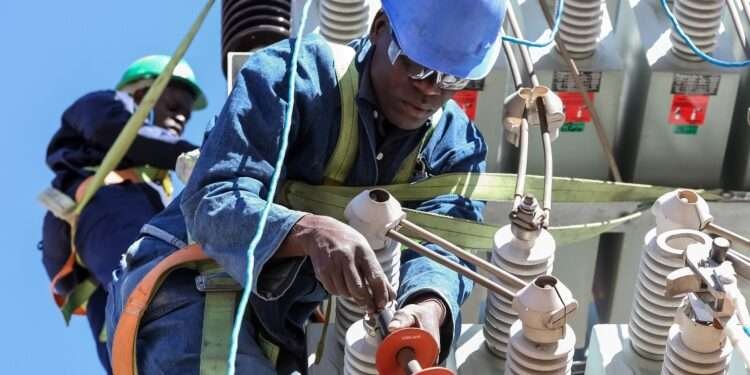The recent revelations that the Ministry of Education (MoE) has allegedly paid GHS 54 million to a private firm called “Busy Internet” for internet services in over 1,000 public senior high schools (SHS) from January to September 2023, despite the majority of these schools not having functional internet, have sparked widespread public outrage.
The implementation of the Free Wi-Fi initiative, which was intended to provide reliable internet access to senior secondary and tertiary institutions nationwide, is now under intense scrutiny as the public demands accountability for this significant expenditure of taxpayer money following an investigative report by The Fourth Estate.
Allegations of corruption and lack of diligence have been mounting since The Fourth Estate reported that despite payments being made, internet services had been down in 78% of the surveyed schools for periods ranging from six to 24 months.
This alarming report, in addition to a survey conducted by the Africa Education Watch in May and June 2023, highlights a glaring discrepancy between the government’s payments and the actual delivery of services.
Kofi Asare, the Executive Director of Africa Education Watch commenting on the vexed and controversial matter, expressed profound shock upon learning that the Ministry of Education might have made full payments to Busy Internet for largely non-existent services.
He recounted that his organization, the Africa Education Watch survey findings, which contain damning revelations on the government’s free wifi initiative were promptly shared with both the Ministry of Education and the Ghana Education Service (GES).
“As to why the MoE in 2019/20 decided to ignore MTN and Vodafone, and single source such a huge nationwide internet procurement to Busy Internet who is not an ISP, is a matter fit for only the gods to explain”.
Kofi Asare, Executive Director for Africa Education Watch
Mr Asare expressed dismay at the investigative report by the Fourth Estate suggesting that the government paid almost GHS 54 million to the service provider of the internet service despite evidence from Eduwatch’s report that the internet connectivity was not functional in several schools.
He raised deep concerns and serious questions about the oversight responsibilities and due diligence on the part of the Ministry of Education.

Calls for Action
The Executive Director of the renowned education think-tank group, Africa Education Watch, in a fervent call to action, while underscoring the gravity of the situation urged the Ministry of Education to with immediate effect cancel the contract.
He pointed out the absurdity of continuing payments for non-functional services and suggested that senior high secondary schools be empowered to engage their internet service providers, much like how they manage their electricity needs.

This, he argued, would ensure that schools receive the services they pay for, enhancing transparency and accountability.
“In August, Eduwatch took proactive steps by petitioning the Auditor-General (A-G) to audit the free Wi-Fi contract. Responding swiftly, the A-G initiated a nationwide special audit, with a report expected imminently. This audit is anticipated to provide a comprehensive assessment of the contract’s execution and financial management”.
Kofi Asare, Executive Director for Africa Education Watch
In addition, Mr Asare emphasized that if the reported GHS 54 million payment for January to September 2023 is confirmed, the Ministry of Education must act immediately to recover these funds even before the Auditor-General’s report is finalized.
The public’s demand for transparency and accountability is both valid and pressing as the alleged payment of such a large sum for undelivered services represents a significant misallocation of resources that could have been better utilized to improve educational infrastructure and outcomes.
Even before the Auditor-General’s report is made available to shed light on the discrepancies and pave the way for corrective actions, the government must take swift action to address these issues.
It must also ensure that future contracts are managed with greater transparency and that funds are judiciously used to benefit Ghana’s educational institutions.
READ ALSO: Islamic Jihad Lambasts Arabs For Silence On Israeli ‘Desecration’ Of Jerusalem






















